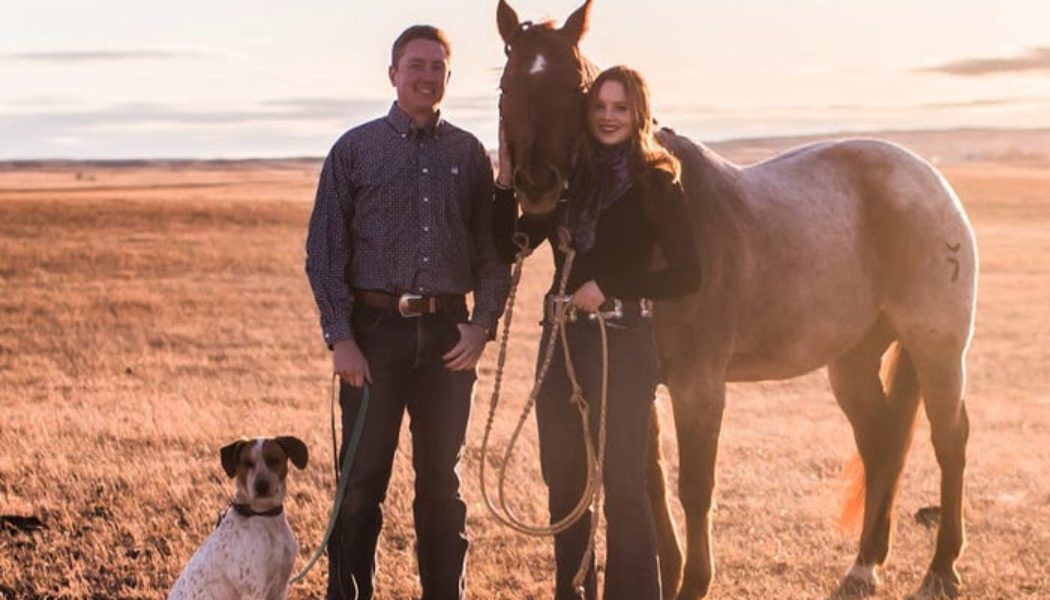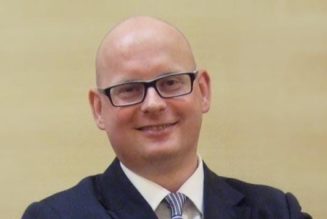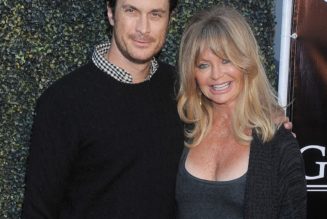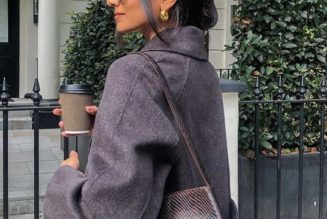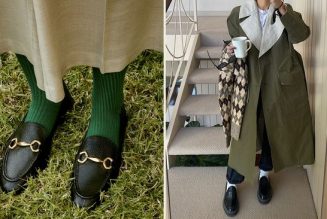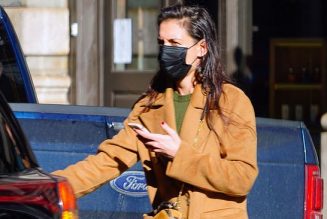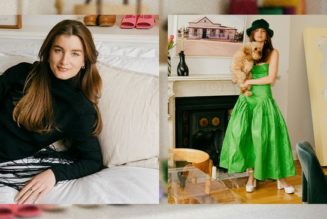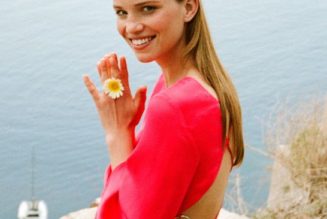A childfree Gen Zer explains what being in a DINK couple has meant for her lifestyle and finances
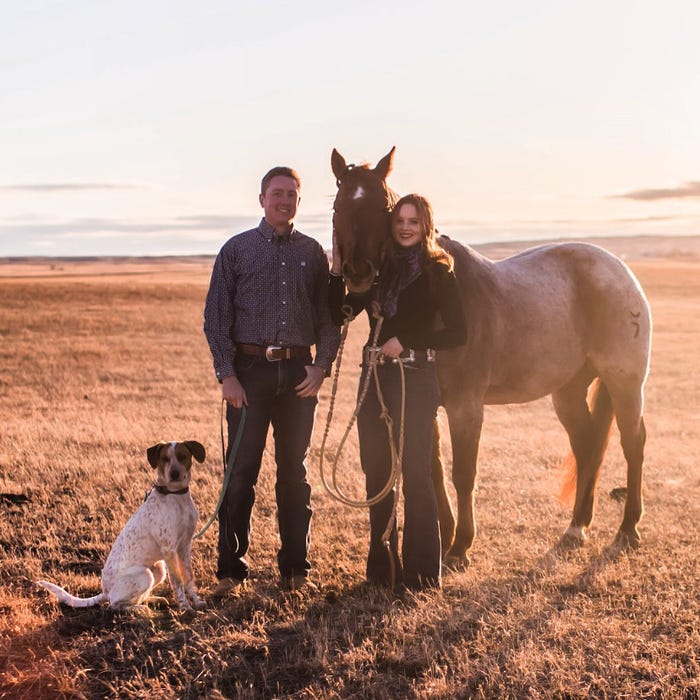
Eugenie Officer
- Eugenie Officer and her partner are DINKs, a couple with double income and no kids.
- She hopes to join the FIRE movement by attaining financial independence and retiring early.
- Being a DINK has also meant a financial cushion during harder times.
When Eugenie Officer, 26, first began dating her now-spouse, the idea of becoming DINKs — a couple with dual incomes and no kids — came up early.
“Within the first few months of dating, it was really a question for both of us,” Officer, a digital marketer based in Canada, said. “We’re both two people who are very highly independent and we really enjoy the freedom of just being able to pick up and go somewhere for the day if we want to or experience XYZ thing — because we feel like it.”
Now, Officer and her partner are happy DINKs. They’re part of a growing legion of couples who are choosing to remain childfree, and reaping the benefits of a double-income lifestyle without the expense of kids.
The main factor in Officer and her partner’s decision to become DINKs is the freedom the lifestyle affords them. That freedom means being able to pick up and move or travel, and to “really be able to make our own decisions without having to consider someone else’s well-being,” Officer said.
“For us, it really is just being able to envision a life of ultimate freedom,” she said.
It’s a sentiment that’s becoming more common, as more Americans are drawn to the DINK lifestyle. An increasing number of Americans between the ages of 18 to 49 say that they’re unlikely to have kids, per a Pew survey, and about 5% of the US’s total population is couples who are cohabiting without kids. Older Americans increasingly do not have children, per the US Census Bureau, with about one in seven women between the ages of 40 and 44 childfree.
The DINKWADs — DINKs with a dog — and DINKs BI has spoken to often discussed their freedom. In an economic landscape where many millennials and Gen Zers feel left behind, or say they live paycheck to paycheck, being a DINK offers a chance at stability that increasingly seems out of reach.
Officer hopes to retire early and join the ranks of the Financial Independence, Retire Early, aka FIRE, movement.
“When you don’t have dependents, you do have a lot more disposable income, so that entirety of the disposable income really goes into investments in order to accelerate that retirement timeline for us,” Officer said.
In the more immediate term, Officer has been contending with a life-altering health issue. It’s another moment in which the financial reality of being DINKs has come into play: She’s been able to afford the healthcare costs required to address the condition in a timely manner.
“Had we chosen to become parents at this point in time, I might have been in a very different position, honestly, dealing with health issues and having to pay for expenses to expedite surgery,” she said.
Of course, Officer lives in a country with a public healthcare system, but health care providers are contending with COVID-related backlogs; for US DINKS, being able to afford healthcare might be another part of the financial puzzle. Officer said that she thinks many folks who chose to start a family at this time in their lives would — understandably — not necessarily have enough funds for treatment.
“Living through this for the last year has really affirmed this notion of being able to have maybe a nicer quality of life at this time in our lives,” Officer said.
Why be a DINK
As a younger DINK, Officer has heard a familiar refrain from some people: She’s young, and can change her mind — and probably will change her mind.
“I’m really certain I won’t change my mind,” she said. Being a parent is something that she’s never envisioned for herself. She enjoys spending time with kids; Officer said that they have lots of friends and family with kids, and she’s able to help them out.
Some of the pushback she’s gotten is from the older generation, saying that having children would contribute to society and enrich her life.
“I think honestly, if you’re very certain that it’s not the right lifestyle for you, it might not enrich your life,” or the child’s life, Officer said.
The other component of her decision hinges on how much turmoil there is in the world, she said, especially with the climate crisis evolving. Officer isn’t sure she’d feel comfortable navigating parenthood and having a child amid all of that. That’s a sentiment echoed by other DINKs, who cite climate crisis and societal factors like inequality as reasons to refrain from having kids.
“When our powers combine, we have a household where our children will be disadvantaged just based on who they are, and in a world that is both freezing and melting at the same time,” Jasmen Rogers, a Black DINKWAD whose partner is Puerto Rican, previously told BI.
Officer thinks that more people are exploring alternative lifestyles, like becoming DINKs, or retiring early, especially because of the world’s tumult. She also points to the power of social media to highlight that there are different ways to do things.
“I think the biggest thing is to make sure that you’re really living life for you at the end of the day, and that you are going to be making choices that are going to make you and your partner both feel fulfilled,” she said. If not having children is part of that fulfillment, that should be a guiding factor — and external pressure should be left out of the equation.
“Ultimately if you’re doing something for yourself because you know it’s going to bring you fulfillment, that’s not selfish. That’s our purpose: To just live our lives as best as we can,” Officer said. “And I think if we were to do something because it was forced from an external pressure, I don’t think we would be showing up as our best selves. I don’t think that we would be in a position to be the best parents we could.”
Are you a DINK hoping to retire early, or enjoying the financial perks of a double income and no kids? Contact this reporter at jkaplan@insider.com.
